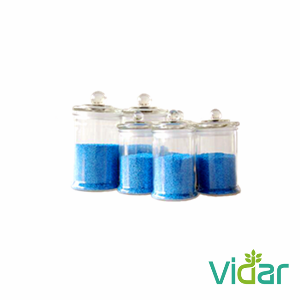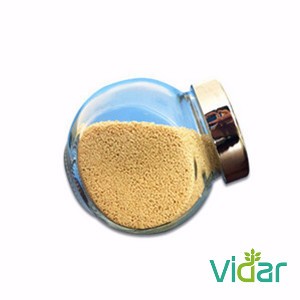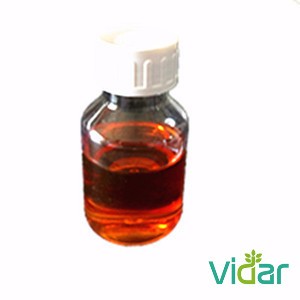

IRRI and the Food and Agriculture Organization of the United Nations through the Closing Rice Yield Gaps with Reduced Environmental Footprints (CORIGAP-PRO) and the European Union Support to District Development Programme increases the national capacity of Sri Lanka on postharvest technology for rice by conducting a workshop on drying and storage technologies.
Through a two-day workshop, extension agents, researchers, and farm technicians were introduced to the importance and basic principles of paddy drying and proper storage in ensuring the quality of rice. Trainees were also introduced to operating and troubleshooting available paddy drying systems like the Solar Bubble Dryer (SBD) and storage options like the hermetic GrainSafe(™) through different hands-on activities. These technologies would eventually help in improving grain quality and marketability and thus giving smallholder farmers an opportunity to earn more from what they have produced, little high quality pesticide, fungicide, herbicide.
According to Engr. Carlito Balingbing, IRRI senior associate scientist, “farmers appreciate increased labor productivity because they do not have to collect paddy spread out for drying when it is about to rain. Through SBD, farmers are also able to control the exposure to high temperature in sun drying which can kill the germ and cause decreased germination of seeds. In addition, the quality of dried paddy is better and cleaner as it is protected from animals and contamination.”
For the GrainSafe(™), studies at IRRI by Gummert, Rickman and Aquino showed that hermetic storage can extend the germination rate of farmers’ seeds and produces better head rice quality in milling than those stored in ordinary bags. Case studies in the Philippines conducted in 2013 showed that farmers who used the IRRI Super Bag as hermetic storage could generate an additional profit of a USD 4.70 per hectare due to reduced seed rate. Through hermetic storage, seeds have better quality and germination since they are protected from insects and moisture.
This capacity building initiative was conducted at the Government Seed Production in Vavuniya. Follow-up training and demonstration activities will also be conducted in Government seed farm in Batticaloa. Both of these activities are in line with CORIGAP’s objectives in utilizing technologies to solve the increasingly complex problems in Sri Lanka and other rice-producing countries.
CORIGAP-PRO aims to generate increased incomes for smallholder farmers in six major rice granaries, including China, Indonesia, Myanmar, Vietnam, Sri Lanka, and Thailand. The overall project objective is to sustainably increase rice yield and income for 500,000 smallholder farmers by 2020.
Source: IRRI
NEWS
NEWS
- Turkey aims top 5 in seed trade in world2021-07-08Chairman of Turkish Association of Seed Growers (TÜRKTOB) Kamil Yılmaz said that the sector exported seeds valued at 136 million U.
- Precision agriculture can do wonders for Indian farming2021-07-08The worrisome reality in India is that agriculture is facing a crisis. In village after village, farmers are looking at selling th.
- India Bt brinjal: Bangladesh's model not fit enough for adoption2021-07-08When India is considering commercialising Bt brinjal in India by first studying Bangladesh’s “successful” model, the neighbour cou
- India Andhra Pradesh's push for zero budget natural farming inspires others2021-07-08Use of chemical pesticides in India, including those that are banned in other countries, has been a matter of concern and a raging.
- Metominostrobin market current trends and future aspect analysis by 20272021-07-08Metominostrobin market current trends and future aspect analysis by 2027The global metominostrobin market is predicted to increase
PRODUCTS





